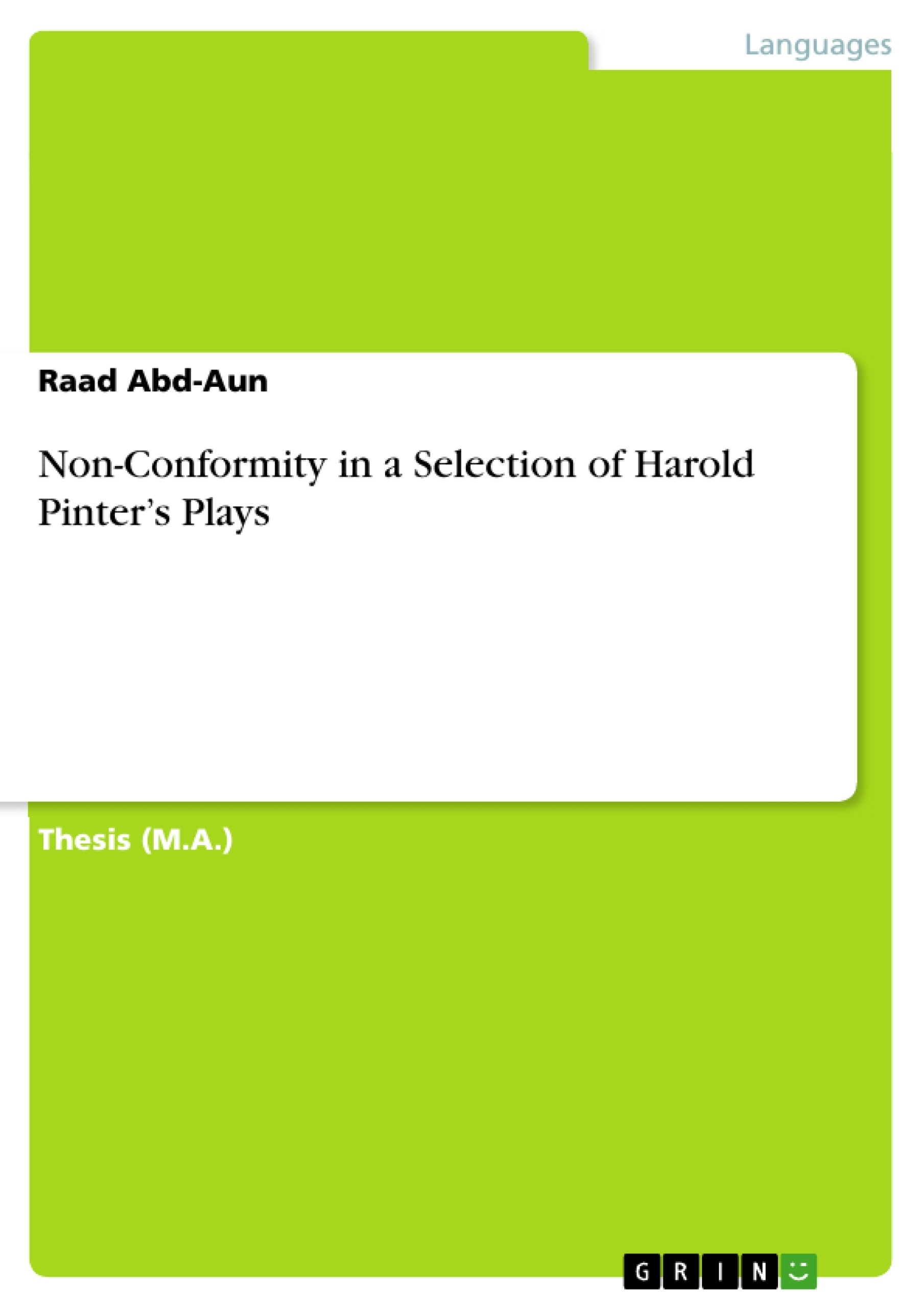Excerpt
Chapter One: Introduction
Section One: Historical and Social Background
Queen Victoria’s death (5 August, 1901) marked the close of an epoch in both home and foreign affairs, as the rise of a Labour Party and search for alliances bore witness. It was no less the end of an epoch in thought and feeling. [i] The later years of the nineteenth century saw the almost final breakdown of a pre-agricultural way of life and economy. The agricultural depression that took place in the years1870-1902 hit particularly hard the landed aristocracy and the agricultural labourer; and it was then that the change in the village denoted the end of rural England. [ii]
The rural way of life itself declined in England. G. H. Bantock reports that the Reverend J. Fraser, reporting on the eastern counties for the Royal Commission on Women and Children in Agriculture (1867-70), said that “The majority of the cottages that exist in rural parishes are deficient in almost every requisite that should constitute a home for a Christian family in a civilized community.” The self-supporting villager turned into a spender of money. The implications of this are the emergence of a new ethic, the ethic of competition. The effect of this was to reduce man to the level of the economic man, one whose community relationships were at the mercy of the cash-nexus and whose psychological motivations were thought of mostly in terms of self-interest. [iii]
A positive age, earnest and confident, was shading off into one of doubt and difficulties. Tennyson, George Eliot, and even Browning passed into eclipse, and such masters of realism and irony as Thomas Hardy, Samuel Butler, Bernard Shaw, A. E. Housman, and J. M. Synge caught the popular ear. Sir James Butler argues in hisA History of England 1815-193Ithat Natural science was supplanting Christianity gradually, and that the mainspring of philanthropy was no longer the service of God, but the service of man.[iv] The work of the geologists altered man’s view with regard to his place in the universe. Further, what was most disturbing was the theory of evolution put forth by Charles Darwin in hisThe Origin of Species(1859). This theory radically altered man’s concept of himself and presented a formidable challenge to his basic religious and ethical beliefs. [v]
But the first two decades of the twentieth century involved the world in the greatest catastrophe of modern times, and even before the catastrophe had taken place, the relation of nations, races and classes had taken on a hard and hostile aspect.[vi] England declared war on 4 August, 1914[vii] against Germany and the other Centre Powers and this was to the English, to a far greater extent than for the other warring countries, a profound break with the past. The liberal way of life the insular independence, a tradition of peace, all were threatened. The country was unprepared for war, militarily, economically, and psychologically. But within a few months the huge machine was functioning and the peace time industrial economy was mobilized for war, and state control replaced laissez-faire.[viii]However, it soon became clear that stakes were high, total victory or total annihilation, and victory, nevertheless, could only be won at the cost of almost superhuman sacrifices of the whole nation.[ix] Before the depression passed into history, it left its deposits: bitter memories for many, but also some growth of knowledge for the rest. Social consciousness and an interest in politics were stirred by reports from the depressed areas.[x] The Second World War had also left an undeniable mark on Britain. The temper of her people had changed and this was shown in 1945 and 1950, when Labour Government under Clement Atlee was elected.[xi] Atlee’s government achieved substantial progress towards the creation of a welfare state. Britain adapted herself to post-war realities. [xii]
The problem of the past, present, and future of Ireland had been transmitted unsolved from the Victorians to the Edwardians. Ireland had been bound to the rest of the United Kingdom by the Act of Union (1800). [xiii] Arguments and counter arguments continued until the situation reached a critical point in 1912.[xiv]In the two years preceding 1914,[xv]civil war prospects developed due to Ulster’s refusal to be ruled by the south. Ulster was Protestant, industrial as well as agricultural, and contented, in contrast to the rest of Ireland which was Catholic, agricultural and discontented. British ministers were prepared to admit in private that Ulster might need “special treatment,” but they long hoped that the Ulstermen were only bluffing in their threats of civil war. [xvi]
[...]
[i]Sir James Butler,A History of England 1815-1931(London: Oxford University Press, 1960), pp.197-8.
[ii]G. H. Bantock. “The Social and Intellectual Background,” in Boris Ford, (gen. ed.)The Pelican Guide to English Literature, The Modern Age, Vol.7 (Middessex: Penguine Books Ltd., 1978), pp.14.
[iii]Ibid., p.15.
[iv]Butler, ibid.
[v]Bedarida, op. Cit., p. 170.
[vi] G. M. Trevelyan,History of England(London: Longman, Green and Co., 1958), p.695.
[vii] François Bédarida,A Social History of England 1851-1975(London: Methuen and Co. Ltd., 1979), p. 170.
[viii] (French: “allow to do”), policy based on a minimum of government interference in the economic affairs of individuals and society. < http:// www.britanica.com>. (No place of publication.)
[ix]Bedarida, op. cit, p. 170.
[x] C. L. Mowat, “History: Political and Diplomatic” in C. B. Cox and A. E. Dyson (eds.),The Twentieth Century Mind, Vol. II 1918-1945 (London: Oxford University Press, 1972), p. 19.
[xi] G. K. Tull and P. McG. Bulwer,Britain and the World in the Twentieth Century(London: Blandford Press, 1966), p. 276.
[xii] W. Carr, “History: Political and Diplomatic,” in C. B. Cox and A. E. Dyson (eds.), op. cit., Vol. III 1945-1965, p.2.
[xiii]Donald Read, “History: Political and Diplomatic,” in C. B. Cox and A. E. Dyson (eds.), op. cit., Vol. I 1900-1918, p.35-6.
[xiv] Ibid.
[xv] Ibid.
[xvi] Ibid.
- Quote paper
- Raad Abd-Aun (Author), 2001, Non-Conformity in a Selection of Harold Pinter’s Plays, Munich, GRIN Verlag, https://www.grin.com/document/311653
Publish now - it's free






















Comments